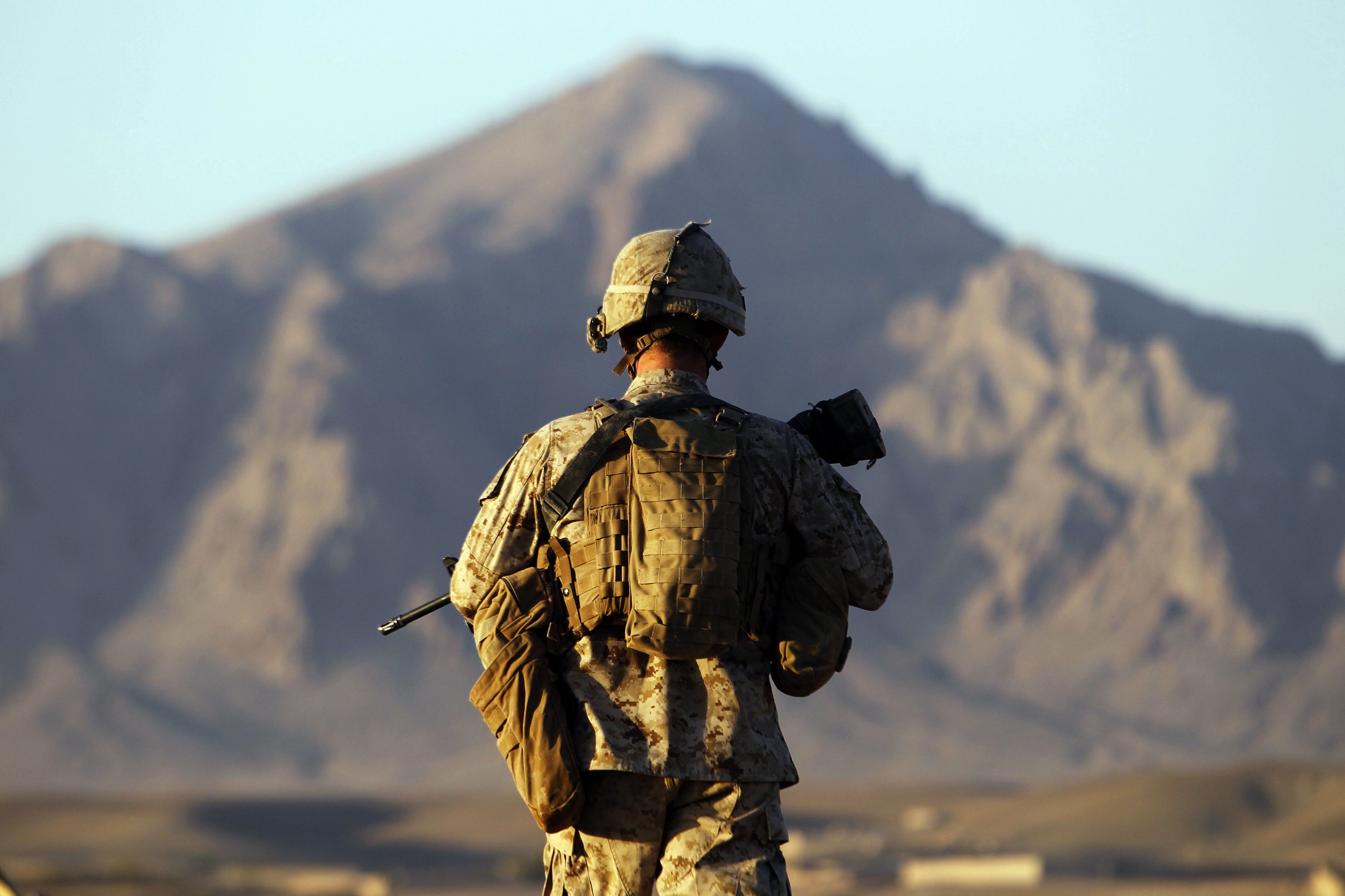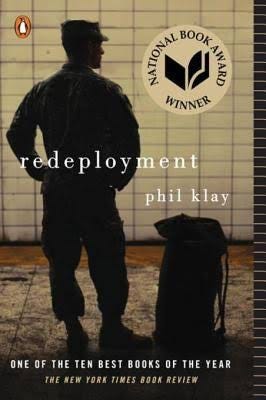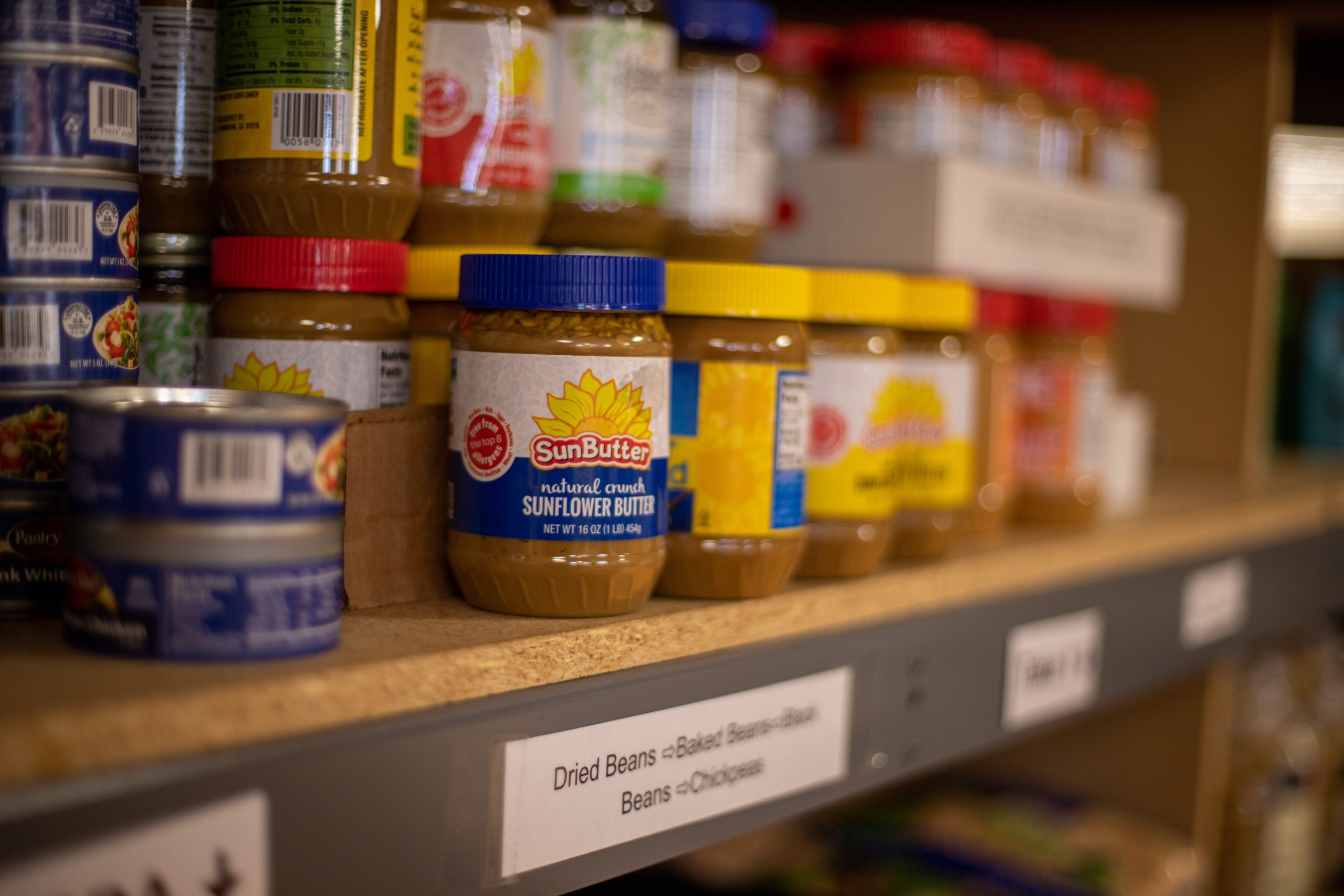Lit Mags
OIF
by Phil Klay, recommended by Nathan Englander

EDITOR’S NOTE by Nathan Englander
I’ve always had a soft spot for the short-short — that is, the literary short story weighing in at less than 1,000 words.
I don’t bring this up when introducing Phil Klay’s “OIF” so that I can tell you that this is a great story for a short-short (because “OIF” is, straight-up, a great story). I simply want to point out that, as challenging as the short form is, a writer faces a particular set of stumbling blocks when attempting to build a fully realized world in so tight a space.

What makes “OIF” particularly special is that Klay not only succeeds in establishing voice and character, he not only manages to walk us through the narrative with confidence, but — for the majority of the story’s audience, unfamiliar with its lexicon — Klay teaches us a new language that we come to understand as we read. That language is the one spoken by the US Marines fighting in Iraq, which Phil learned during his service there.
If at the mention of short fiction and combat you’ve already mustered Tim O’Brien in your head, well, I imagine when Klay’s collection is published, this will be the comparison most often raised. As a longtime fan of The Things They Carried, I can tell you it’s an apt connection to make. It was reading O’Brien’s book that taught me a different measure of weight, and a different language for the madness of the Vietnam War. And as we try to understand the human costs of yet another foreign conflict, Phil Klay brings us the stories of the American combatants, told in a distinct, new, and powerful voice.
– Nathan Englander
OIF
Phil Klay
Share article
EOD handled the bombs. SSTP treated the wounds. PRP processed the bodies. The 08s fired DPICM. The MAW provided CAS. The 03s patrolled the MSRs. Me and PFC handled the money.
If a sheik supported the ISF, we distributed CERP. If the ESB destroyed a building, we gave fair comp. If the 03s shot a civilian, we paid off the families. That meant leaving the FOB, where it’s safe, and driving the MSRs.
I never wanted to leave the FOB. I never wanted to drive the MSRs or roll with 03s. PFC did. But me, when I got 3400 in boot camp I thought, great. I’d work in an office, be a POG. Be the POG of POGs, and then go to college for business. I didn’t need to get some, I needed to get the GI Bill. But training at BSTS they told me, You better learn this, 3400s go outside the wire. A few months later I was strapped up, M4 in condition 1, surrounded by 03s, backpack full of cash, twitchiest guy in Iraq.
I did 24 missions, some with Marine 03s, some with National Guardsmen from 2/136. My last mission was to AZD. A couple of Iraqis had driven up fast on a TCP. They ignored the EOF, the dazzlers, and the warning shots, and died for it. I’d been promoted to E4 so PFC was taking over consolation payments, but I went with him to give a left-seat right-seat on working off the FOB. PFC always needed his hand held. In the HMMWV it was me, PFC, PV2 Herrera, and SGT Green. Up in the turret on the 240G was SPC Jaegermeir-Schmidt, AKA J-15.
There wasn’t a lot to look at on the MSR south of HB. We scanned for all the different types of IEDs AQI would throw at us. IEDs made of old 122 shells, or C4, or homemade explosives. Chlorine bombs mixed with HE. VBIEDs in burned out cars. SVBIEDs driven by lunatics. IEDs in drainage ditches or dug into the middle of the road. Some in the bodies of dead camels. Others daisy-chained together — one in the open to make you stop, another to kill you where you stand. IEDs everywhere, but most missions, nothing. Even knowing how bad the MSRs were, knowing we could die, we got bored.
PFC said, It’d be cool to get IEDed, long as no one got hurt. J-15 snapped, said, That’s bad juju, that’s worse than eating the Charms in an MRE.
Temp was 121, and I remember bitching about the AC. Then the IED hit.
PV2 swerved and the HMMVW rolled. It wasn’t like the HEAT trainer at Lejeune. JP-8 leaked and caught fire, burning through my MARPATs. Me and SGT Green got out, and then we pulled PV2 out by the straps of his PPE. But PV2 was unconscious, and I ran back for PFC but he was on the side where the IED hit, and it was too late.
PFC’s EYEPRO cracked and warped in the heat. The plastic snaps on his PPE melted. And even though J-15 left his legs behind, at least he got CASEVACed to the SSTP and died on the table. PRP had to wash PFC out with Simple Green and peroxide.
The MLG awarded me a NAM with a V. Don’t see too many 3400s got a NAM with a V. It’s up there next to my CAR and my Purple Heart and my GWOT Expeditionary and my Sea Service and my Good Cookie and my NDS. Even 03s show respect when they see it. But give me a NAM with a V, give me the Medal of Honor, it doesn’t change that I’m still breathing. And when people ask what the NAM is for, I say it’s so I don’t feel bad that I was too slow for PFC.
In boot camp the DIs teach you Medal of Honor stories. Most recipients were KIA. Their families didn’t get a homecoming, they got a CACO knocking on their door. They got SGLI. They got a trip to Dover to see Marines lift the remains out of a C-130. They got a closed casket because IEDs and SAF don’t leave pretty corpses. The DIs tell you these stories over and over, and even a POG like me knows what they mean.
So I tell my family I’m staying in, the GI Bill can wait. And I tell my OIC, Sir, I want to go to OEF. OEF’s where the fight is now. And I tell my girlfriend, OK, leave me. And I tell PFC, I wish it’d been me, even though I don’t mean it.
I’m going to OEF. As a 3400. As a POG, but a POG with experience. I’ll distribute CERP again. I’ll roll with 03s again. And maybe I’ll get IEDed again. But this time, out on the MSRs, I will be terrified.
I will remember the sounds PFC made. I will remember that I was his NCO, so he was my responsibility. And I will remember PFC himself as though I loved him. So I won’t really remember PFC at all — not why I gave him low PRO/CONs, not why I told him he’d never make E4.
Instead, I will remember that our HMMWV had 5 PX. That the SITREP was 2 KIA, 3 WIA. That KIA means they gave everything. That WIA means I didn’t.








